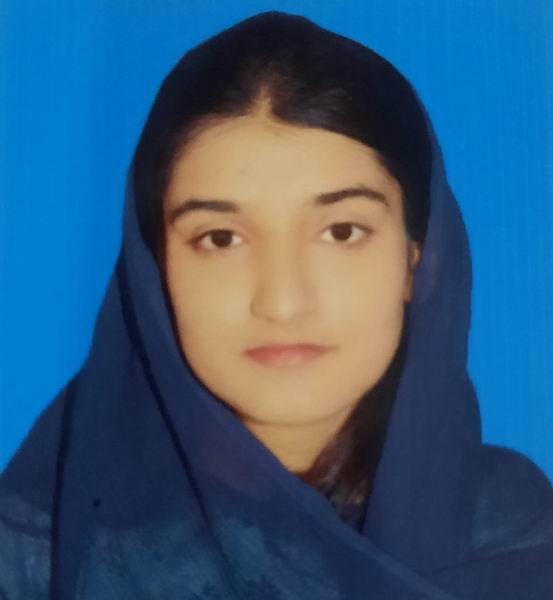Salwa Imdad Khokhar
In our ever-evolving world, the concept of “winning without war” has gained paramount significance. As globalization continues to weave nations together, the old adage that wars settle disputes is increasingly challenged. Throughout history, conflicts have bred a horrifying tapestry of death, disability, destruction, and despair.
However, in the wake of the devastating World Wars, humanity has learned vital lessons, leading to a substantial decrease in global conflicts.
Historical testament to peaceful victory
One remarkable historical episode showcasing the power of peaceful negotiations is the Treaty of Sulah Hudaibiya in 628 A.D. This event in Islamic history offers a timeless lesson for mankind. It reveals how diplomacy and patience can sustain peace even when conditions seem unfavorable. Instead of rejecting the terms set by the Quraish, Prophet Muhammad (PBUH) chose the path of negotiation, maintaining a peaceful environment.
The result was profound: a wave of conversions to Islam greater than those of the previous 19 years. The Treaty of Sulah Hudaibiya stands as an enduring example of how disputes can be resolved through dialogue, demonstrating that peace often achieves more than violence ever could.
A global imperative
In the contemporary world, ongoing conflicts like Russia-Ukraine and Israel-Palestine loom ominously. These disputes have the potential to escalate into a global catastrophe. The planet cannot bear the weight of such a war, with its heart-wrenching consequences. It is imperative for nations to prioritize peaceful resolutions and global cooperation, erecting barriers against the impending tempest.
The 21st century paradigm
In the 21st century, the road to progress and prosperity meanders through soft power, diplomacy, and amicable gestures. Rather than resorting to traditional warfare, modern nations can champion their ideals through education and technology.
The examples of Germany and Japan, nations that thrived by redirecting their focus towards peace, education, health, and economic betterment post-war, are testament to the potential of this approach.
A focus on education and innovation
By placing education at the forefront, societies can cultivate innovation and intellectual growth, yielding advancements that benefit all of humanity. Investing in technology and research opens new avenues for cooperation, addressing global challenges collectively and harmoniously.
The power of diplomacy
Moreover, embracing diplomacy and peaceful negotiations paves the way for sustainable partnerships and alliances. This creates a world interconnected by mutual understanding and respect, bolstering global stability and prosperity.
The collective path forward
It’s paramount for countries to recognize that armed conflicts not only inflict immense suffering but also impede progress and hinder the potential for shared prosperity.
By championing education, innovation, and peaceful resolutions, we can collectively forge a future where war becomes a relic of the past. Humanity stands poised to prosper through unity and cooperation, forging a brighter future for all.
Call to action
It is our collective responsibility to recognize the futility of war and embrace the alternatives. Let us all, as global citizens, commit to supporting diplomatic efforts, nurturing education, fostering innovation, and promoting peace. Together, we can make “winning without war” the defining legacy of our time.







